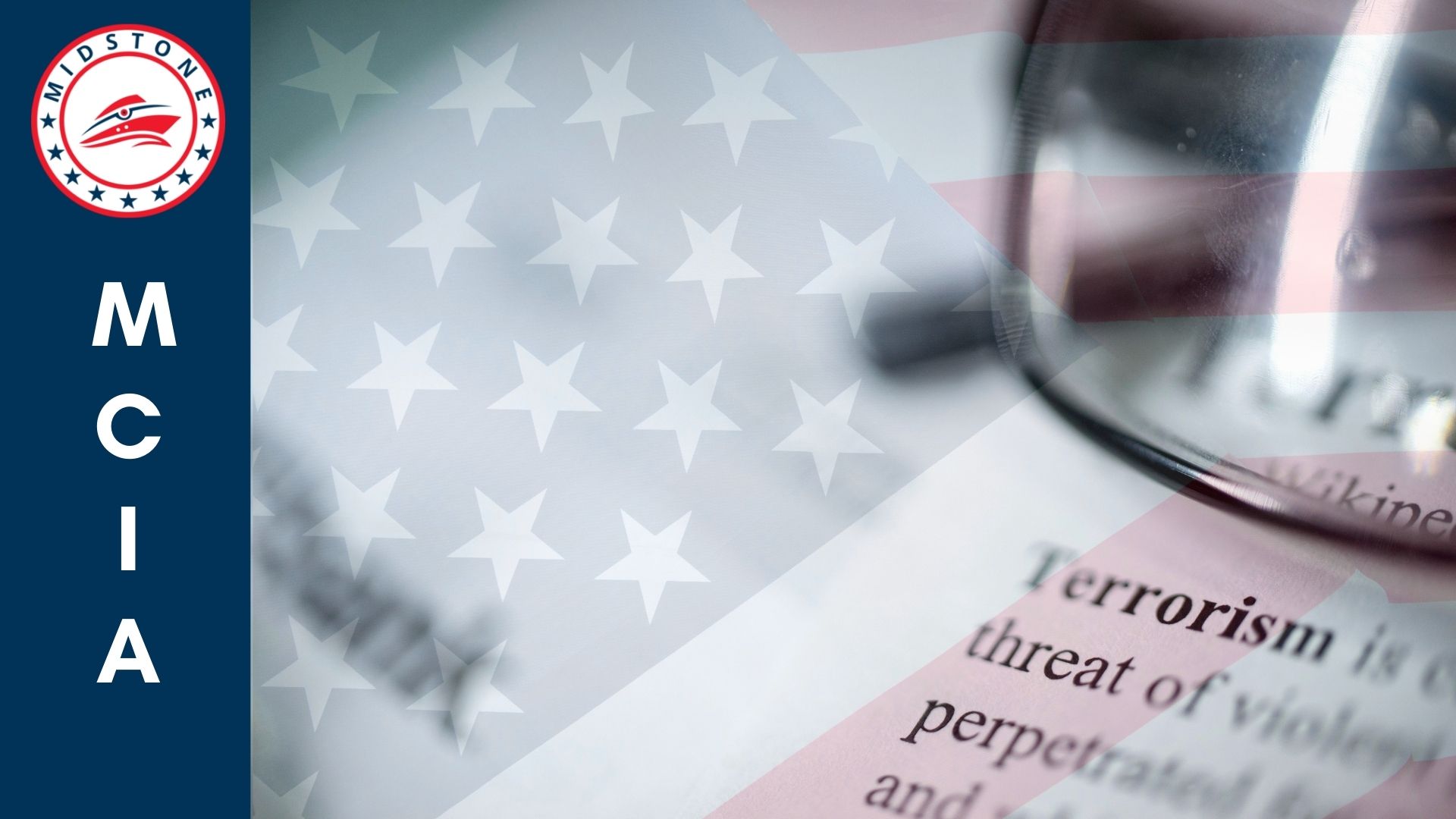
On April 25th USCIRF (United States Commission on International Religious Freedom) released its annual report on Religious Freedom concerns around the world.
This report is one of the most interesting and unique documents that is compiled. Its findings are presented to the White House and Congress. The State Department receives policy recommendations about which nations the Diplomats should be covering. Most focus is on the Country of Particular Concern (CPC) list. This designation is made when there are “particularly severe concerns” regarding religious freedom as defined by IRFA (International Religious Freedom Act.)
The CPC list came under scrutiny last fall when Secretary of State Anthony Blinken decided to remove the status of Nigeria as a CPC. In the previous year, then-Secretary of State Mike Pompeo approved this status which made Nigeria the first democracy ever to receive such a designation.
Countries that engaged in or tolerated severe violations of religious freedom but did not rise to the level of being designated as a CPC are placed on the Special Watch List. An improvement (are you sure?) in conditions on the ground or deterioration that is reported by USCIRF will most likely land a country on this list.
In recent years, a new criterion was added to the USCIRF report. The CPC designation and the SWL listing have documented actions taken by governments. However, in recent reports, the concept of an ‘Entity of Particular Concern’ (EPC) has appeared. To fulfil the criteria of an EPC, a non-state actor must have severely violated religious freedoms according to the State Department. This is a straightforward definition by the US.
There were a total of seven entities were recommended for redesignation as an EPC for 2022 in the most recent USCIRF report: Al-Shabaab, Boko Haram, the Houthis, Hay’at Tahrir al-Sham (HTS), Islamic State in the Greater Sahara (ISGS), Islamic State in West Africa Province (ISWAP or ISIS-West Africa) and Jamaat Nasr al-Islam wal Muslimin (JNIM). This list should look familiar to some analysts.
Some of these entities have been designated as an FTO (Foreign Terrorist Organization) by the State Department. FTOs are foreign organizations designated by the Secretary of State under section 219 of the Immigration & Nationality Act (INA) as amended.
The criteria that are used by the Secretary are:
1. The entity is a Foreign Organization.
2. The organization engages in terrorist activity or retains the capability or intent to engage in terrorist activity.
3. The terrorist activity of the organization threatens the security of United States nationals or the national security interests of the United States.
Counterterrorism efforts by the United States are considered a national security interest. The designation of an EPC status is intriguing. The degree of overlap in the USCIRF reports and the designations by the State Department are not a coincidence and may be considered a cause and effect phenomenon – it appears one cannot exist without the other.
However, the situation regarding Nigeria does need some clarification. Last year Boko Haram was designated an FTO but the country was delisted as a CPC, that decision led to some negative reactions from advocates of religious freedom.
It would be beneficial for these offices within the State Department to communicate with one another instead of designating over or past each other. This would improve decisions by the State Department as it seeks to promote a coherent policy.
